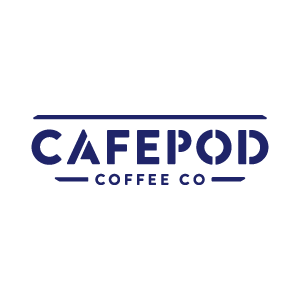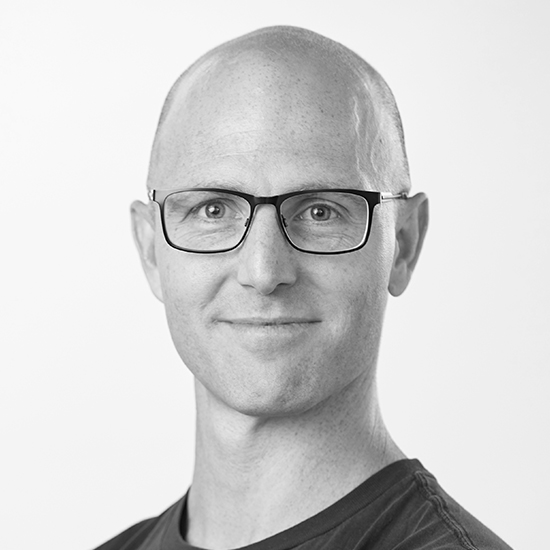Coffee’s David meets its Goliath
“I had a Nespresso machine and knew the challenge of trying to get hold of the capsules,” says Brent Hadfield, co-founder of London-based Cafepod. “At the time you could only buy directly from Nespresso, so we knew there was an opportunity to make it easier for customers.”
This was 2011 and Nespresso’s world-famous coffee capsules were still protected by various patents. The company had held them since 1986. The machine and its pods were made famous by global ad campaigns featuring George Clooney and generated $4.7bn in annual sales in 2017.
Our first point of call was to ask family and friends. Thankfully most of them didn’t think we were that crazy and invested in us.
Brent Hadfield, Cafepod
Timing is everything
But after Nespresso’s patents began to expire in 2012, the sector was ripe for newcomers. So Hadfield, along with Peter Grainger, founded Cafepod in the same year, making capsules compatible with Nespresso machines.
“At that point we basically knew nothing about coffee, marketing, branding or distribution – we drank a lot of coffee, but that was it,” says Hadfield.
The pair knew that hiring the best people was essential. “We got great people on board who knew what they were doing,” he says. Some of the earlier hires included Kate Peers, formerly a marketing manager at Starbucks and Philip Banfield, previously of Allied Bakeries.
Luckily the duo’s network saw potential in their idea. “Our first point of call was to ask family and friends. Thankfully most of them didn’t think we were that crazy and invested in us,” he says.
They secured £300,000 in September 2011. And this was enough to start putting a team together and place a deposit on a machine to manufacture the capsules.
Taking on the world’s largest coffee company of the global coffee market is no mean feat. Nespresso’s parent Nestlé challenged the patent’s expiration in courts in the UK and across Europe, but without much success.
Securing the perfect partner
The next step was to reach out to angel investors to raise a further £450,000. This allowed the team to complete payments on the machine, start production and supply product to customers.
A key milestone in their journey, says Hadfield, was finding Lincoln & York, a coffee roaster based in Lincolnshire, which ran manufacturing on the team’s behalf. “They had all the external skills and resources, so we just slotted in alongside their normal business,” he says.
The right investment blend
Today, Cafepod is available in all the major UK retailers, and has 25,000 distribution points in the UK.
The company has received a total of £5.2m in funding. Their investors are predominantly high-net-worth individuals who have invested equity. They include Steve Kurland, the ex-European CEO of skincare brand Dermalogica and Andrew Morgan, the ex-president of Diageo Europe, who is also chairman of the Cafepod Board.
A key factor, says Hadfield, was that Cafepod qualified for Enterprise Investment Scheme funding. And as a result, the majority of its UK-based investors benefited from the scheme’s attractive support.

